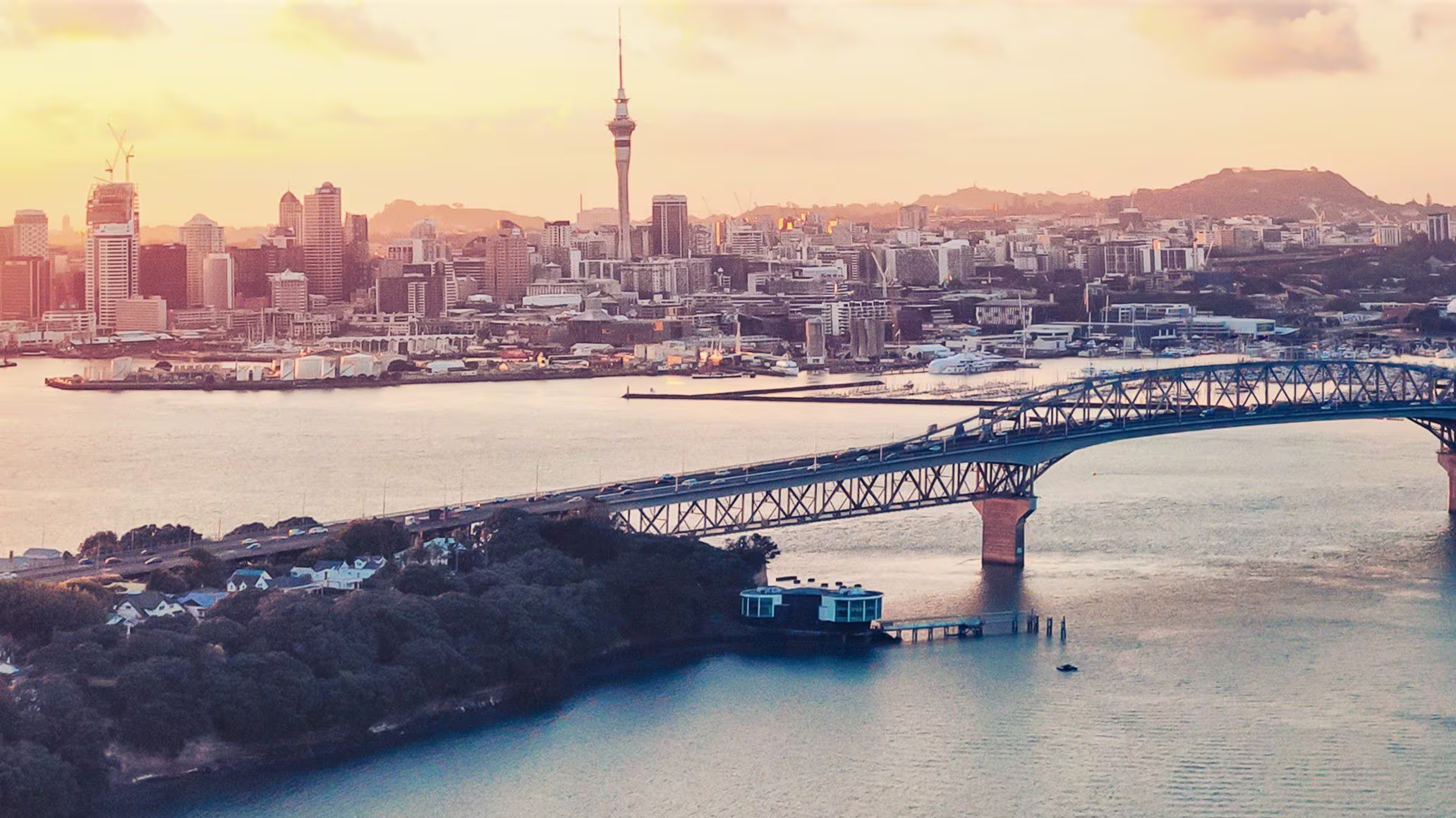Introduction
Auckland's skyline has dramatically transformed over the past decade, symbolizing a shift in New Zealand's economic landscape. With its vibrant mix of modern architecture and historical structures, Auckland has become a focal point for investors and urban planners alike. But what does this evolution mean for New Zealand's economy and future growth prospects? This article delves into the factors driving these changes and their implications for investment bankers and stakeholders in New Zealand.
The construction boom in Auckland is not just about aesthetics; it's a reflection of underlying economic trends. According to Stats NZ, the construction industry contributed approximately 6.3% to New Zealand's GDP in 2022, underscoring its significance to the national economy. Moreover, the Reserve Bank of New Zealand has highlighted the real estate sector's role in boosting employment and regional development. With these elements in mind, let's explore the case studies and insights that can guide investment decisions in this evolving market.
Case Study: Auckland’s Central Business District (CBD) – A Modern Transformation
Problem:
Auckland's CBD faced significant challenges in the early 2000s, including aging infrastructure and limited space for expansion. The area struggled with congestion and lacked the amenities needed to attract international businesses.
Action:
To revitalize the CBD, the Auckland Council implemented a comprehensive urban development plan. This involved incentivizing high-rise constructions and mixed-use developments, supported by public transport enhancements and green spaces.
Result:
- Office occupancy rates increased by 15% within five years.
- Retail revenue in the CBD grew by 25%, driven by increased foot traffic.
- The area now hosts numerous multinational corporations, boosting economic activity.
Takeaway:
This transformation underscores the importance of strategic urban planning in attracting investment and fostering economic growth. Investment bankers should consider how similar projects can be replicated in other regions of New Zealand to achieve comparable results.
Data-Driven Analysis: The Economic Impact of Urbanization in Auckland
The urbanization of Auckland has had a profound impact on New Zealand's economy. According to the Ministry of Business, Innovation and Employment (MBIE), the construction of new office spaces and residential buildings has attracted significant foreign investment, contributing to a 4.7% increase in GDP from 2018 to 2023. Additionally, the influx of skilled professionals has enhanced the city's talent pool, fostering innovation in sectors like technology and finance.
Pros vs. Cons of Auckland's Urban Development
Pros:
- Increased Investment Opportunities: High demand for commercial and residential properties attracts investors.
- Economic Growth: Urban development has boosted GDP and created jobs.
- Enhanced Infrastructure: Improved public transport and amenities make the city more livable.
Cons:
- Rising Property Prices: Real estate affordability remains a concern for many residents.
- Environmental Impact: Intensive construction can strain natural resources and increase pollution.
- Overcrowding: Rapid urbanization may lead to congestion and decreased quality of life.
Debunking Myths About Auckland's Skyline Development
Myth: "Auckland's skyline development only benefits property developers."
Reality: While developers do profit, the broader economy benefits from increased employment opportunities and enhanced urban infrastructure. According to a University of Auckland study, urban development projects have created over 20,000 jobs in the past five years.
Myth: "High-rise buildings are environmentally unsustainable."
Reality: Modern skyscrapers often incorporate eco-friendly technologies. The Green Building Council reports that 85% of new commercial buildings now follow sustainability standards, reducing their carbon footprint significantly.
Controversial Take: Is the Auckland Housing Market Overheated?
There's a growing debate about whether Auckland's housing market is overheating. Critics argue that the rapid appreciation of property values, driven by speculative investments, could lead to a bubble burst. However, supporters suggest that strong demand and limited supply justify current price trends. As an investment banker, it's crucial to analyze these perspectives and assess the risk-reward ratio of property investments in Auckland.
Future Trends: The Path Ahead for Auckland's Skyline
The evolution of Auckland's skyline is far from over. By 2028, experts predict that the city will adopt more innovative construction technologies, such as modular building techniques, to meet growing demands efficiently. Additionally, the focus on sustainable development is expected to intensify, aligning with New Zealand's commitment to reducing carbon emissions by 2030.
Conclusion
Auckland's skyline transformation offers valuable insights into the interplay between urban development and economic growth. For investment bankers and stakeholders, understanding the driving forces behind these changes is essential for making informed decisions. As the city continues to evolve, opportunities abound for those willing to navigate the complexities of this dynamic market.
What’s your take on Auckland’s skyline evolution? Share your insights below!
People Also Ask (FAQ)
- How does Auckland's skyline impact New Zealand's economy? Auckland's skyline evolution boosts investment, jobs, and GDP. The city's development attracts global businesses, enhancing NZ's economic stature.
- What are the biggest misconceptions about Auckland's urban development? A common myth is that only developers benefit. In reality, it creates jobs and improves infrastructure, supporting broader economic growth (Source: University of Auckland).
- What are the best strategies for investing in Auckland's real estate market? Experts recommend focusing on emerging suburbs, leveraging government incentives, and prioritizing sustainable developments for long-term gains.
Related Search Queries
- Auckland skyline development 2023
- New Zealand real estate trends
- Impact of urbanization in NZ
- Sustainable building practices in Auckland
- Investment opportunities in Auckland
- Pros and cons of high-rise buildings
- Auckland CBD development projects
- Future of Auckland's skyline
- Economic growth in New Zealand
- Auckland property market analysis

































lorrinenichols
10 months ago